Federal Circuit Gives Stare Decisis Effect to a Judgment of Claim Validity
Patently O
FEBRUARY 23, 2023
Stare decisis, Latin for “to stand by things decided,” is a legal principle that directs courts to adhere to previous judgments, i.e., precedent, when resolving a case with comparable facts. the Federal Circuit applied stare decisis to a prior validity ruling involving a different patent and a different accused infringer.


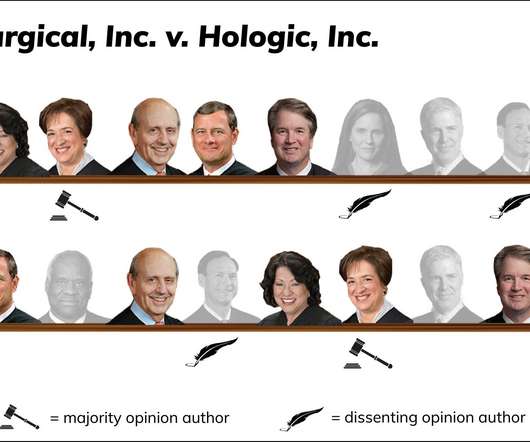
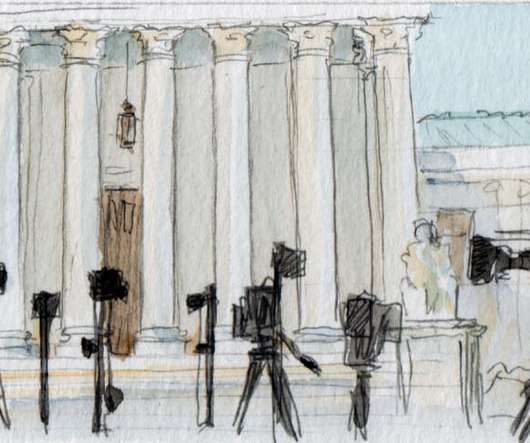
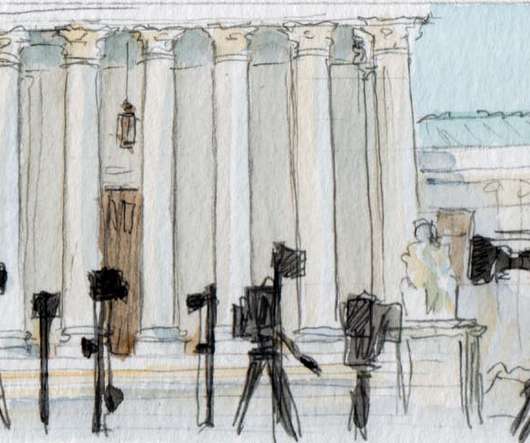
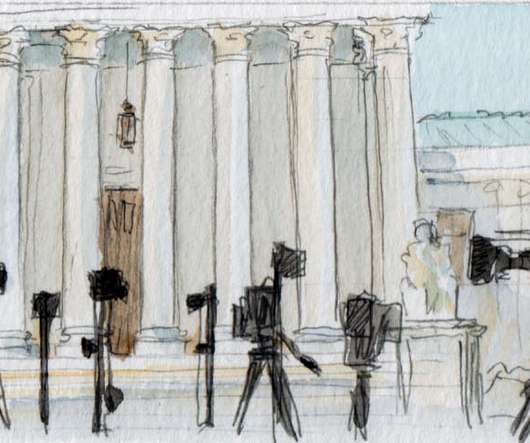
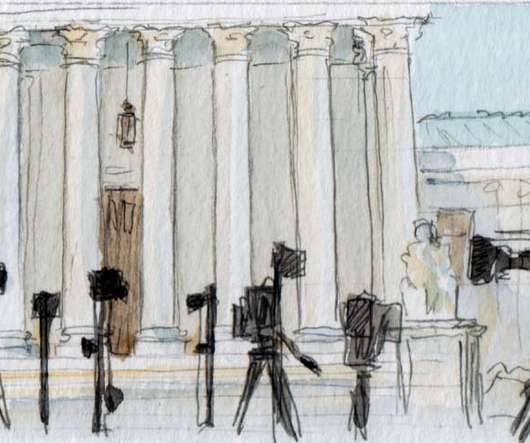
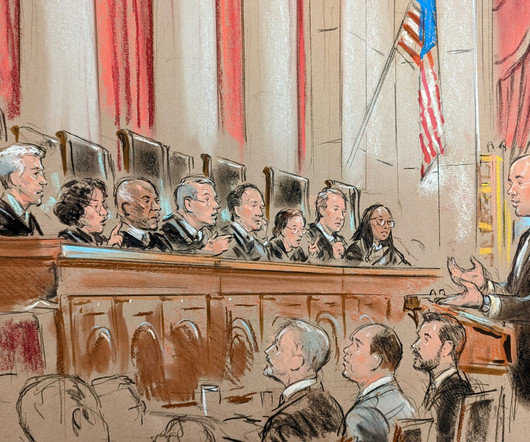

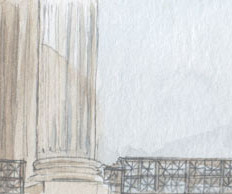
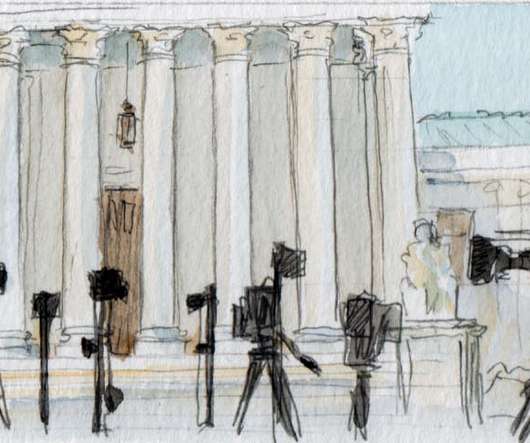
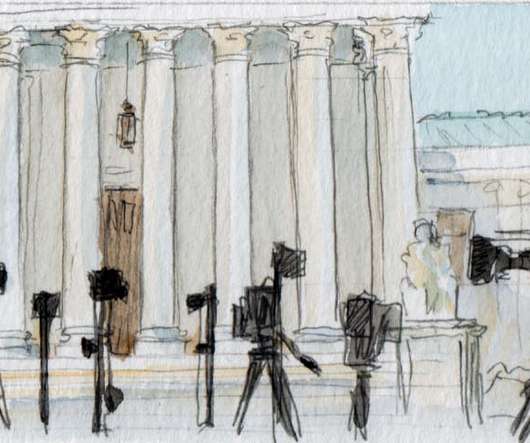
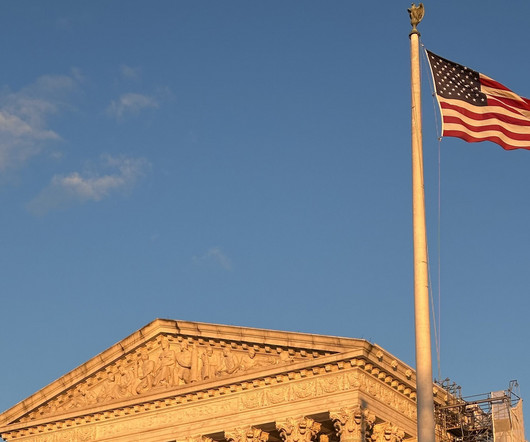
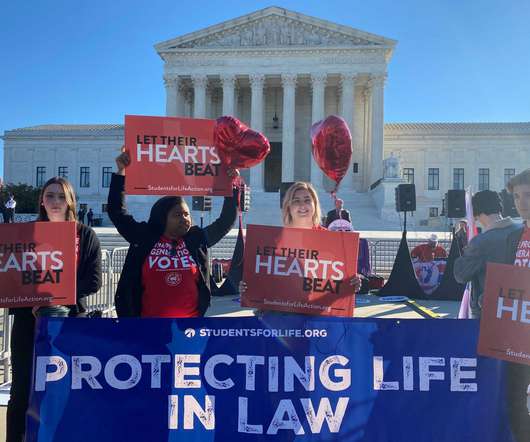








Let's personalize your content